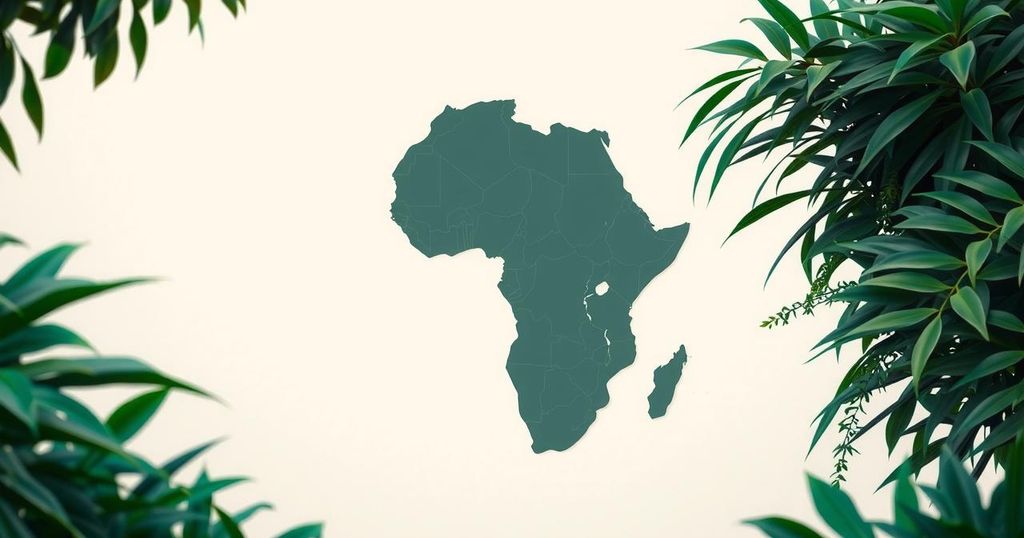The UN has raised alarms over the escalating conflict in the Democratic Republic of the Congo (DRC), warning of potential regional consequences. UN Human Rights Chief Volker Turk described the situation as dire, urging action to mitigate further violence. Both the DRC and Rwanda have denied allegations of responsibility, escalating mutual blame amid a humanitarian crisis.
The United Nations has expressed grave concerns regarding the potential regional spread of the ongoing conflict in the Democratic Republic of the Congo (DRC). During an emergency meeting of the Human Rights Council, UN High Commissioner for Human Rights Volker Turk cautioned that the “worst may be yet to come,” urging all parties to work collaboratively to cease the escalating violence. However, both the DRC and Rwanda have denied responsibility for the unrest, instead placing blame on each other.
The conflict intensified after the March 23 Movement (M23) rebels, allegedly backed by Rwandan troops, captured the city of Goma last week, resulting in thousands of deaths and significant displacement amid the persistent turmoil in the region. Turk highlighted that nearly 3,000 individuals have been killed and nearly 2,900 injured since the M23’s incursion, indicating the real numbers may be substantially higher if unreported.
In a bid to address human rights abuses, the DRC called the emergency meeting, seeking immediate international intervention to investigate the alleged violations committed by M23 rebels. Kinshasa’s Minister of Communication, Patrick Muyaya, emphasized the urgency of applying international pressure on Rwanda to stop its support for armed groups and withdraw from Congolese territory.
Conversely, Rwanda’s ambassador to the United Nations, James Ngango, rejected the DRC’s accusations, asserting that Rwanda itself faces threats from the conflict. Ngango highlighted the imminent dangers posed to Rwanda following Goma’s fall, citing evidence of a substantial attack being planned against Rwanda, linked to weapons found near Goma’s airport.
As efforts to address the escalating situation continue, Rwandan President Paul Kagame and DRC President Felix Tshisekedi are scheduled to attend a summit in Tanzania on Saturday, aimed at reducing regional tensions and fostering dialogue among involved parties.
The conflict in the Democratic Republic of the Congo has deep historical roots, exacerbated by political instability, economic challenges, and regional tensions. The M23 rebels, a group formed in 2012, have been a significant force in the eastern DRC, backed by Rwandan support, which has influenced local and international relations. Recent tensions leading to the capture of Goma highlight the urgent need for dialogue among neighboring nations to support peace efforts and protect human rights in the region.
In summary, the UN is urgently calling for preventative measures to address the DRC conflict, citing increasing casualties and potential regional destabilization. The mutual accusations between the DRC and Rwanda underscore the complexities of the situation. International cooperation and pressure are essential to halt the violence and foster dialogue at upcoming diplomatic engagements.
Original Source: www.aljazeera.com






